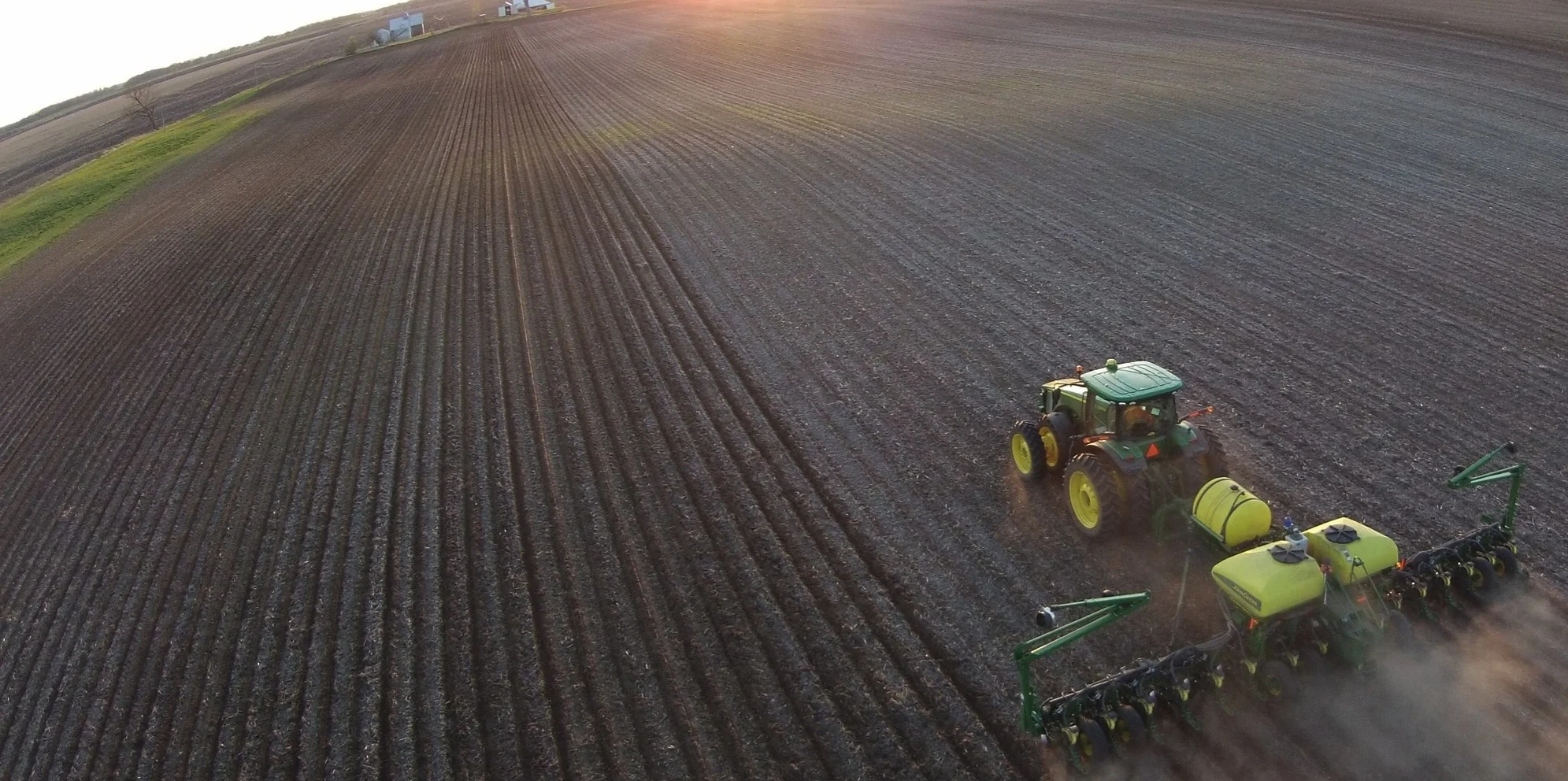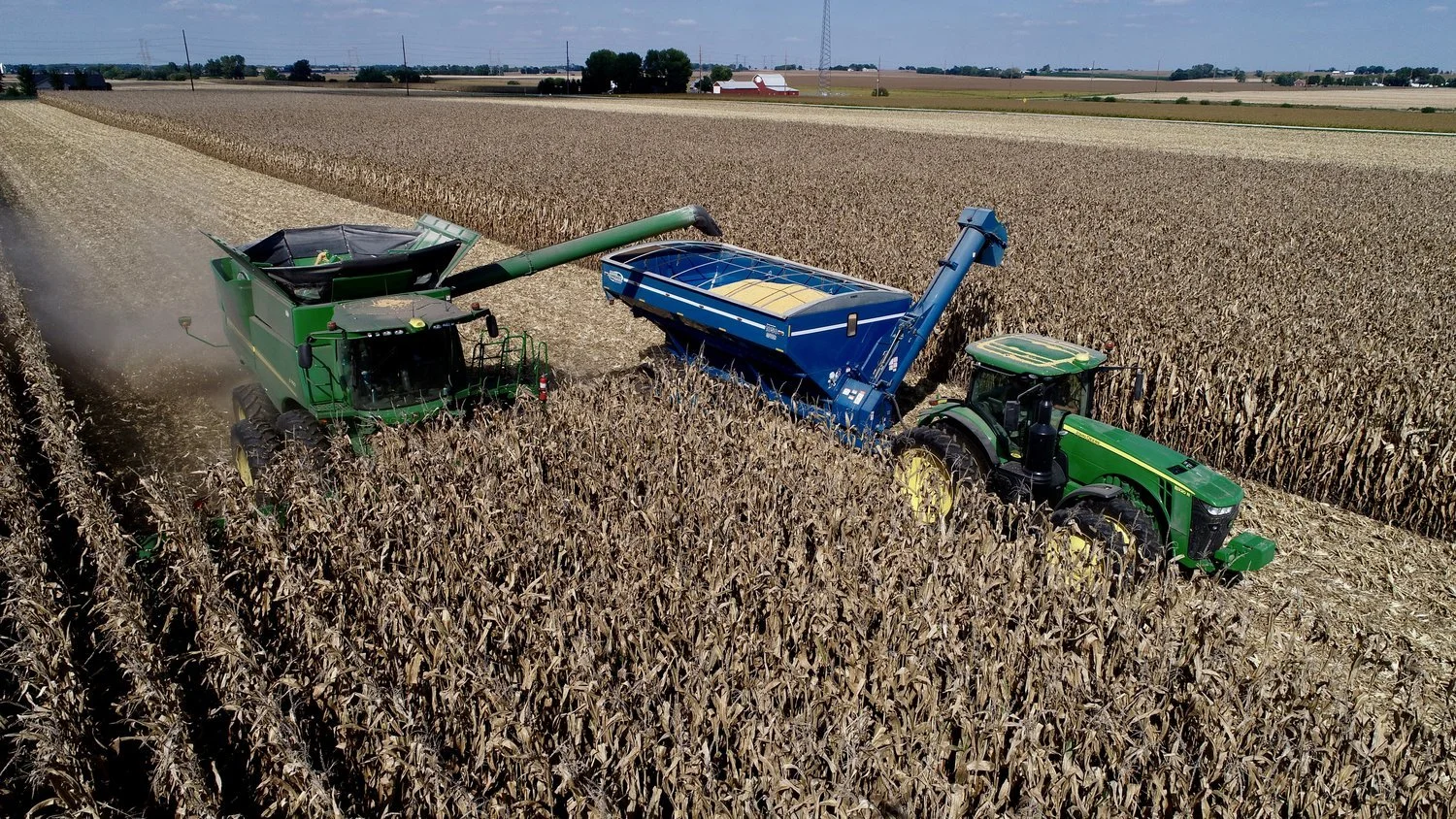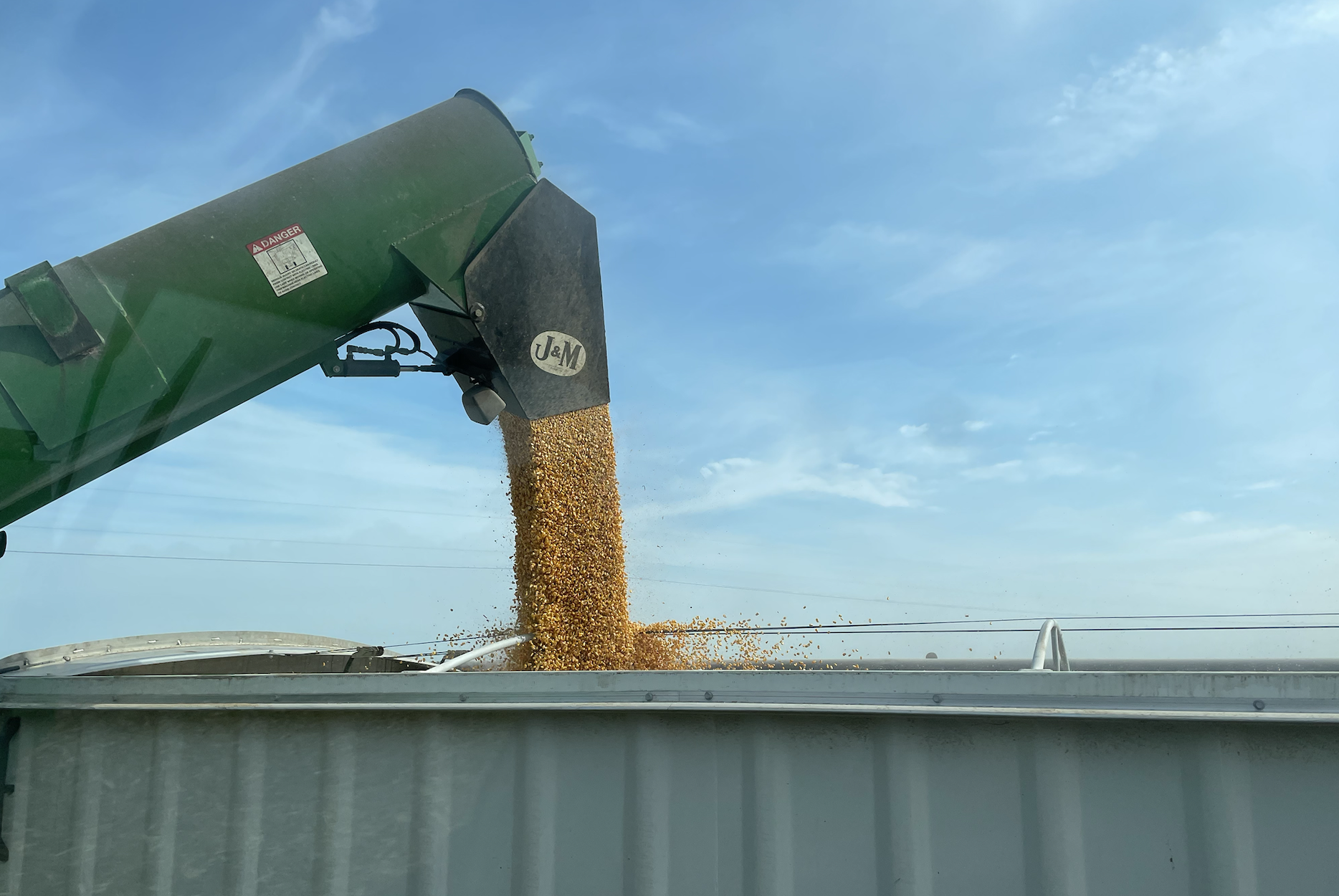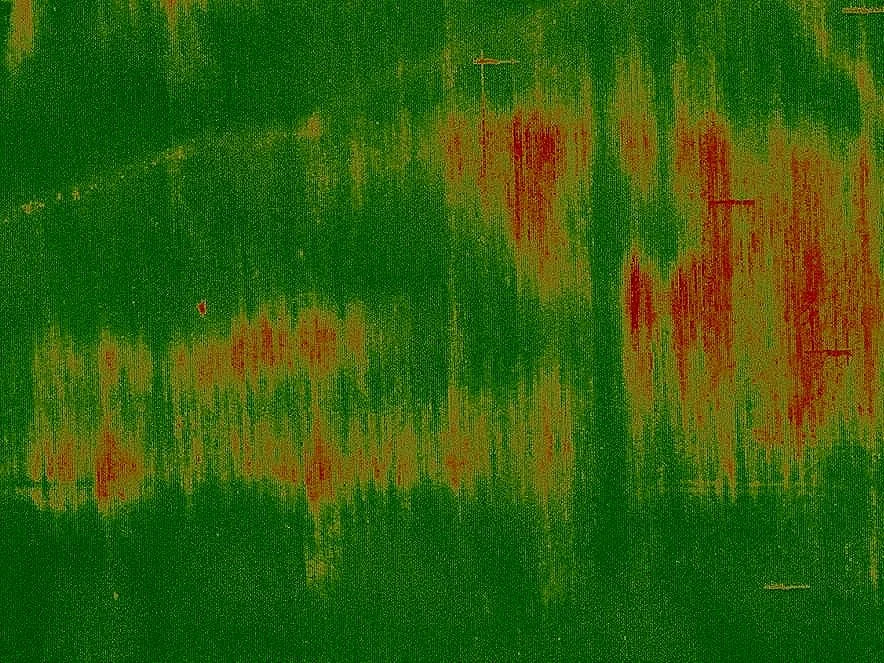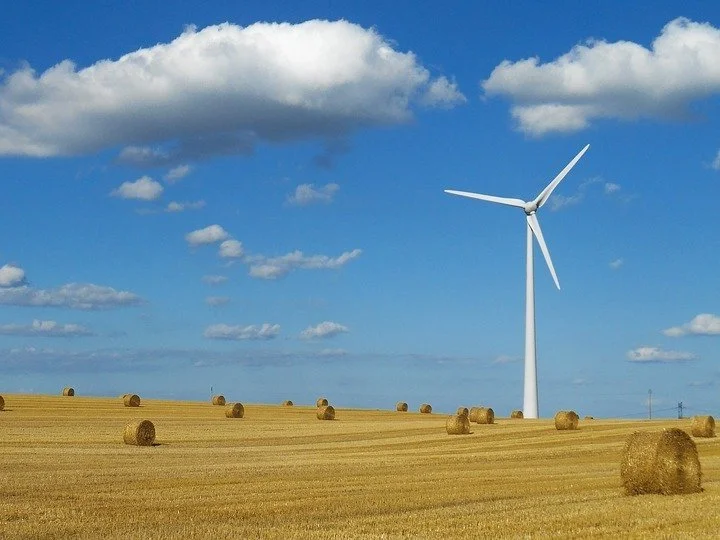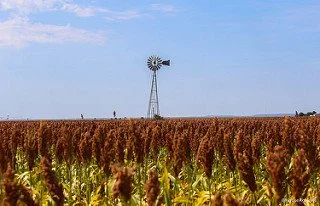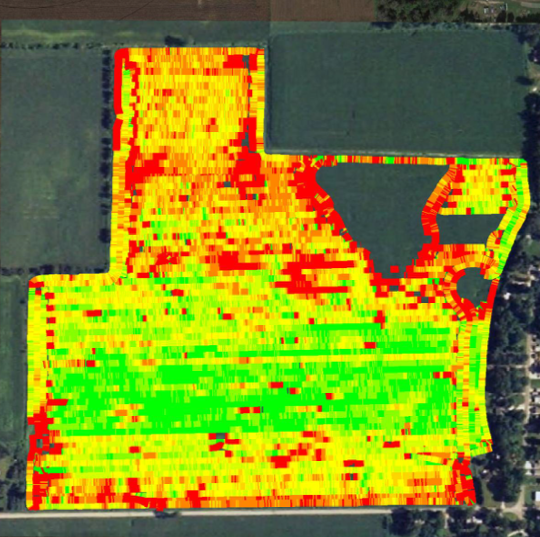Change is Coming to the Dairy. And not from Regulators.
/Farmers might herald Trump’s executive order pledging to cut two regulations for every one new one, but “regulations” are only one of the burdens placed on farmers. And that leads me to my prediction.
For the next ten years, consumers are going to drive more on-farm changes than regulators.
These changes will appear in contracts, not regulations, meaning farmers will have the choice whether to accept them or not. But not accepting them may mean the farm shuts down, or converts to raising something else.
Although most dairy farmers sell their milk to co-ops, we are seeing a different model develop where farmers sell milk directly to processors. This gives the processor more control over their supply and enormous power to require certain operational standards on their farms. These standards might include GMO-free feed, reduced antibiotic usage, and specific animal welfare requirements. Processors can insist on these terms and conduct audits to ensure compliance.
You might think that processors could never police such stringent on-farm requirements. But the rise of the Internet of Things (IoT) and big data on the farm means that technology can trace nearly every activity. For example, collected agronomic data can prove that certain corn silage is organic or GMO-free. A milk processor could easily require in its supply contract that the dairy farmer provide copies of all agronomic data from a field where corn silage was grown, to verify it is non-GMO for example.
Likewise, the rise of connected devices on the farm (read post, The Internet of Farm Things), means processors could easily monitor nearly all handling of cattle for humane treatment.
One can argue whether these changes are actually driven by consumer demand or because milk processors want to differentiate their products as better—more pure, more healthy, more humane. I tend to think these changes are driven by marketing differentiation, but for the farmer, the reason does not matter. Change is coming.
Dairy farmers should carefully evaluate direct sale supply contracts with processors. These contracts provide a trade-off: less risk from market swings but also, less on-farm control.

